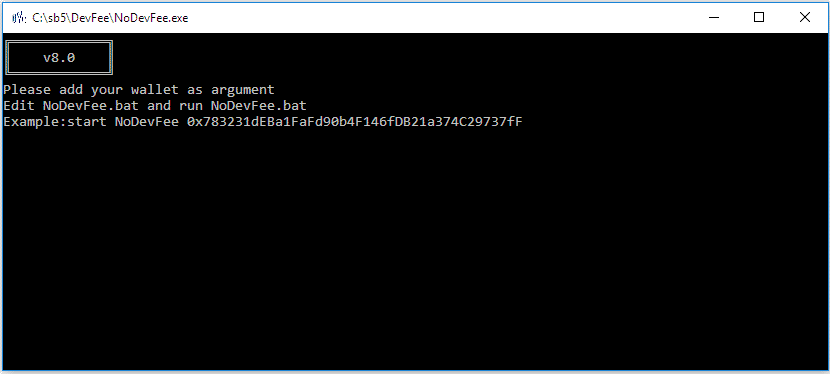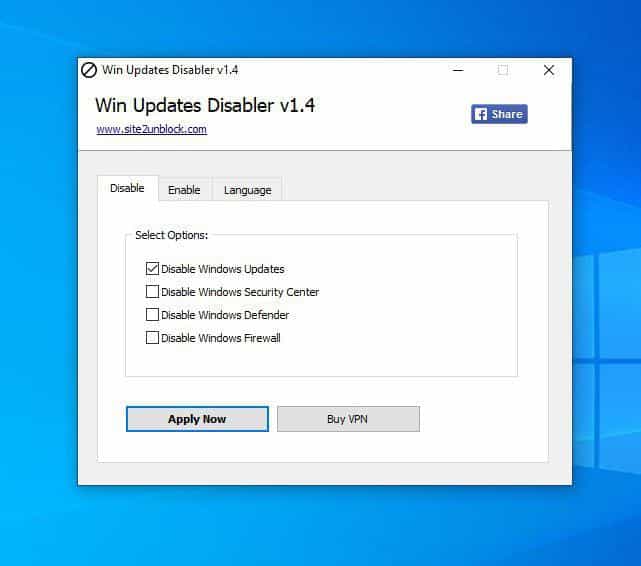India Bans Cryptocurrencies?
Unfortunately, not all countries understand and accept the benefits of Blockchain. Many states are still trying to restrict the cryptoindustry and oppress cryptocurrencies. And, unfortunately, the actions of individual states directly affect every user and lovers of the digital economy. After all, this is a completely different segment of our life, which depends on each specific user. And today it became known that the parliament of India will consider a bill on a complete ban on cryptocurrencies in the country. Next, we will talk about the details of such a decision and its role in the global understanding of the Blockchain on the world stage. So let’s get started.
What is known at the moment
The Indian Parliament regularly meets budget sessions, during such meetings, economic experts discuss the fundamental tasks for the country. The best specialists of the state are actively making amendments to the existing draft laws and at the same time putting forward new initiatives. At the next meeting, Indian statesmen intend to consider a project completely banning digital currencies. We are talking about each of the existing cryptocurrencies. Thus, if the program is adopted, the use and production of digital assets in the country will become illegal. Consequently, the state will completely withdraw from the cryptoindustry. This is a unique case that has no analogue in modern politics.
If the decision wins the majority of votes and evolves, India will become the largest country to ban digital currencies. The rest of the states in the Asian region prefer to regulate new generation assets. But not India. Agree, the situation is not easy. So let’s look at the role of this decision on the world stage. Further – the impact of the bill on each user, including our readers who are not related to India.

How actions of India will affect the digital economy
First, it should be noted and acknowledged that India is far from the last player on the world level. It is one of the largest countries in terms of the number of citizens living. There are a huge number of talented, advanced developers among the residents of the state. It is also obvious that there are many savvy economists working in the country. Each of whom sees a prospect in the digital industry. But, due to the actions of parliament, he will no longer be able to get legal access to cryptocurrencies. The blow to the crypto industry is obvious. In addition, it is likely a coincidence in which other states will be inspired by the example of India. It is possible that the country’s actions will push
Asian countries, as well as some European powers, to reconsider their own attitude towards digital currencies. So one cannot exclude the consideration of similar government initiatives in other countries.
Conclusion
But let us note that the current situation was quite predictable. As you know, many citizens of India cannot boast of high income. The relatively low income level in most segments of the population leads to a fascination with the digital economy. Citizens see Blockchain as a source of income, salvation and confidence in the future. People start making money, but do not pay taxes, since there is no specific policy regarding cryptocurrencies in the country. The government prefers widespread bans over the subtle interaction and control of the Blockchain. Relevant government initiatives were put forward back in 2018. So it comes as no surprise that India is taking such drastic action.

Anyway, do not forget that this is just a state initiative. We hope that the Indian parliament proves prudent and does not ban digital assets. To stay up to date with all the current events in the world of Blockchain and high technologies, follow the news in this area with us. We publish only high-quality, interesting material. Thank you for attention. Good luck!



















